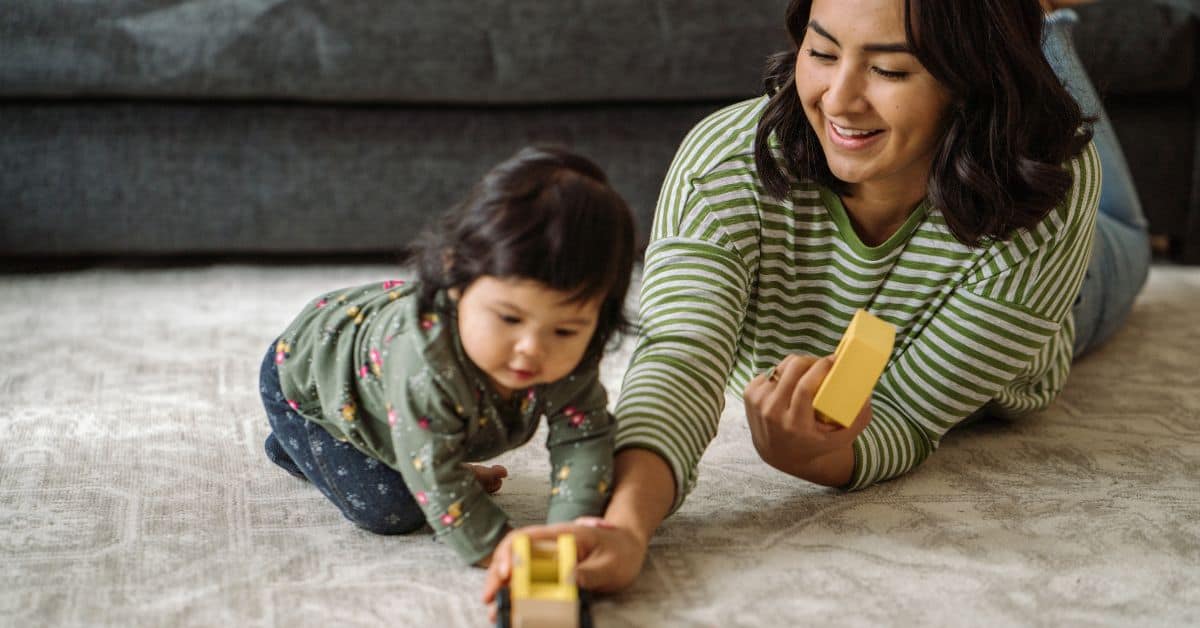Complete Guide: Understanding The Parental Ego

Most parents want what’s best for their children. Sometimes, in our efforts to protect and help our kids, we wind up hurting them instead. This happens when we let our parental ego take over.
The parental ego is that part of us that wants to be in control and make all the decisions for our kids.
It’s the voice inside our head that tells us we know better than anyone else what’s best for them and how they should live their lives.
It can cause us to interfere too much or smother our kids with love and attention.
And it can keep us from giving them the freedom they need to grow and learn on their own.
So, how do you let go of control and let your child make their own choices and mistakes?
In this guide, we’ll explore the parent ego, how it affects our parenting, and ways to let go and allow our kids to develop their own autonomy.
By understanding and managing the parental ego, we can truly give the gift of independence to our children. Let’s get started!
How To Keep Your Parent Ego In Check
As adults, we may think we know best, but our ego can cloud our judgment and lead to overbearing behavior.
Think of yelling, orders, or justifying our parenting – after all, it’s hard to admit we may do things that aren’t working.
The best question you can ask yourself to keep your parent ego in check is:
Is it working?
Are you seeing positive results from your parenting style? Are your kids happy and thriving? Or are they constantly struggling or rebelling against your authority?
If it’s the latter, it might be time to reassess and try a different approach.
Your ego might be in the way of seeing new parenting approaches or new ideas.
Is Your Adult Ego Driving Your Parenting?
Our adult ego can also have an impact on our parenting.
Are you trying to live through your child and make them into a version of yourself, or what you wish you were?
Are you pushing them toward your own dreams and desires instead of letting them discover their own passions and interests?
Your adult ego may also come into play in situations where you feel the need to constantly prove yourself as a parent – to your child, other parents, or even society.
It’s important to let go of these ego-driven motivations and instead focus on what is best for your child and their individual needs and desires.
That said, your parental ego may influence your parenting, and as a result, you may be contributing to your child’s ego too.
For example, you might use shame, blame, or embarrassment phrases.
Here are some examples found in my Parenting Book.
- Shame: Don’t be so selfish. Share with your brother.
- Blame: If you hadn’t slept so late, we’d be on time.
- Embarrassment: Yikes, you’re wearing stripes and laid. That doesn’t match.
All the things we say as parents matter. Our words shape our kids’ self-esteem and how they view themselves.
Ego Self-Reflections
If you think your ego is getting in the way of your parenting, take some time for self-reflection.
Consider the following questions:
- Have you ever used shame or blame language to motivate your child?
- Are you willing to learn new things from your child?
- Do you have a tendency to take situations with your child personally?
For the complete list of questions, grab a copy of my book on Amazon.
How To Let Go Of Control As A Parent
It can be scary to let go of control and allow our children to make their own choices and mistakes.
But it’s an important step in helping them develop independence and problem-solving skills.
Here are some tips for letting go of control as a parent:
- Allow for natural consequences. Let them experience the natural consequences of their actions, instead of jumping in to fix things or protect them from any discomfort.
- Provide guidance and support, but don’t try to control the outcome.
- Encourage independence and decision-making. Give your child opportunities to make choices and solve problems on their own.
- Acknowledge and validate their emotions, even if you don’t agree with them.
- Practice self-care and manage your own stress levels, as parent burnout can make it harder to let go of control.
- Remember that mistakes are part of the learning process. Encourage growth mindset in both yourself and your child.
- Trust in your child’s abilities and believe in their potential.
- Above all, let go of the need for perfection and focus on the overall well-being and happiness of your child.
Here are some examples to help your kid make their own choices:
- What book do you want to read tonight?
- What outfit do you want to wear today?
- What activity do you want to do?
These small choices can build up their confidence and decision-making skills. And remember, it’s okay if they make a mistake – that’s how they learn and grow.
Final Thoughts On Parent Ego
Parenting is a journey filled with ups and downs, and it’s understandable that our egos can get in the way sometimes.
But by recognizing and letting go of any ego-driven motivations, we can become better parents who prioritize our child’s individual needs and growth.
So let go of the need to be perfect or prove yourself, and focus on creating a loving and supportive environment for your child to thrive in. Happy parent-ego-free parenting!
Need help with parenting? Schedule a free consultation with me.
Schedule A Free Call